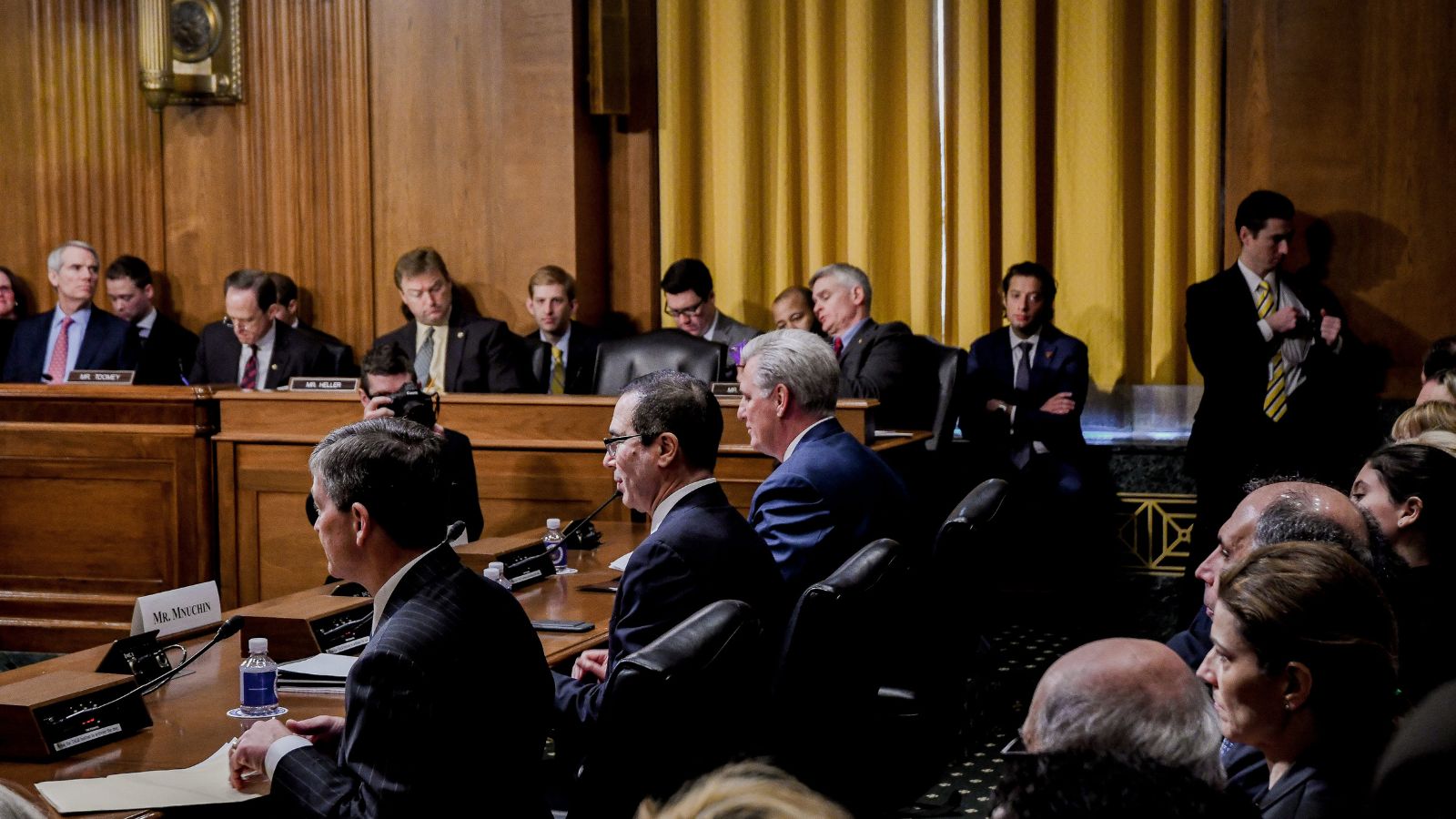British values have long been a cornerstone of our society, shaping our culture, behaviours, and identity. However, many people believe that these values are slowly being eroded. Whether it’s changes in community spirit or shifts in political discourse, it’s essential to recognise these 17 signs that our traditional values might be under threat.
Decline in Community Spirit

“Less than 10% of us would go round and introduce ourselves to a new neighbour,” reveals Huffpost UK, when the sense of community and neighbourliness used to be one of the most cherished British values. Nowadays, it seems that people are more isolated, preferring to stay behind closed doors rather than engage with those living next to them.
Decrease in Manners

UK politeness and impeccable manners are legendary. Whether it’s queuing patiently or saying “please” and “thank you,” these small acts of courtesy define our social interactions. However, there’s a growing perception that these manners are fading, as people are often in a rush, and common courtesies can be overlooked.
Breaking Down of Free Speech

Free speech is a fundamental British value, allowing individuals to express their opinions without fear. Recently, there have been concerns about this freedom being eroded. Increasingly, people are being censored or ‘cancelled’ for expressing controversial views, and while hate speech should never be tolerated, there’s a delicate balance between respectful dialogue and stifling free expression.
Diminished Respect for the Law

Recent events have highlighted a growing disregard for legal norms and institutions, with high-profile cases of corruption, lawbreaking by public figures, and the rise of vigilante justice being just a few examples. This shift undermines the trust in our legal system and poses a serious threat to societal stability.
Weakening of Traditional Family Structures

The traditional family unit has been a bedrock of British society, providing stability and support, yet over the years, there’s been a noticeable shift away from these structures. More people are choosing alternative family arrangements, which can sometimes lead to a lack of support and cohesion.
Increased Political Polarisation

British politics has become increasingly polarised, with fierce debates and divisions. This polarisation is wearing away the value of healthy debate and compromise. Instead of finding common ground, political discourse often descends into shouting matches and personal attacks.
Decline in Volunteerism

Volunteerism has always been a hallmark of society in the UK, with countless people dedicating their time to help others. Recently, there’s been a decline in volunteer rates, possibly due to the demands of modern life and a shift in priorities.
Loss of Historical Awareness

Understanding and appreciating history is vital for maintaining cultural identity and values. However, there’s a growing trend of historical illiteracy among younger generations. This lack of awareness can lead to a diminished sense of identity and a breakdown of the values that have been passed down through generations.
Shifts in Education Focus

The British education system has traditionally emphasised critical thinking, creativity, and a broad knowledge base. Recent changes in education policy and curriculum focus have raised concerns about sidelining these values. With increasing pressure to perform in standardised tests and a narrower curriculum, students’ holistic development may be at risk.
Breakdown of Trust in Media

Trust in the media has been a cornerstone of democracy in this country, providing citizens with reliable information to make informed decisions, yet with the rise of fake news and sensationalism, trust is now lacking. When people can no longer rely on the media for accurate information, it undermines public discourse.
Increased Materialism

Materialism is also on the rise, and it’s changing the way people prioritise their lives. Traditionally, British values emphasised modesty and community over material wealth, but today, there’s a noticeable shift towards valuing possessions and status symbols. This increased materialism can lead to a less community-focused and more individualistic society.
Reduced Civic Engagement

Civic engagement has been in decline, meaning people are less likely to vote or get involved in community initiatives. This includes things like participating in local government and community organisations. This reduction in civic engagement reduces the ability of communities to address their own needs.
Loss of Emphasis on Public Service

The value placed on public service has diminished over the years, too, with careers in teaching, nursing, and other public service roles—which were once highly respected—no longer sought after as much. Today, these professions face recruitment challenges and a lack of appreciation.
Changes in National Identity

British national identity has always been a blend of various cultural influences, unified by common values. But, these days, there’s a growing sense of fragmentation in national identity, driven by regionalism and cultural divisions. This fragmentation can chip away at the sense of unity and shared values that have traditionally brought people together.
Deterioration of Public Behaviour

Public behaviour in the UK has changed significantly. Instances of public drunkenness, anti-social behaviour, and lack of respect for public spaces are becoming more common. This deterioration reflects a broader shift away from the values of respect and consideration for others that have usually been upheld.
Rising Intolerance

There’s a concerning rise in intolerance and xenophobia in the UK, thanks to hate crimes and discriminatory behaviour that are becoming more prevalent. This suggests a move away from the inclusive values that have defined British society in the past.
Loss of Respect for Institutions

Respect for institutions like the monarchy, Parliament, and the judiciary has traditionally been a key British value, but recent scandals, political infighting, and perceived inefficiencies have eroded public confidence in these institutions. When respect for these pillars of society wanes, it can lead to a loss of social cohesion.







